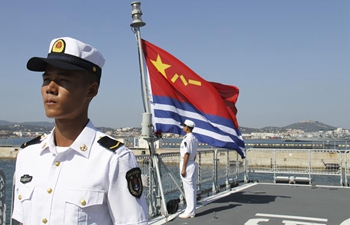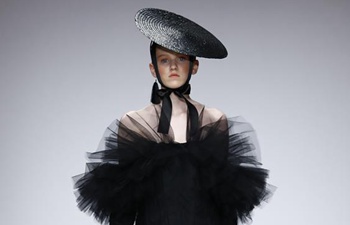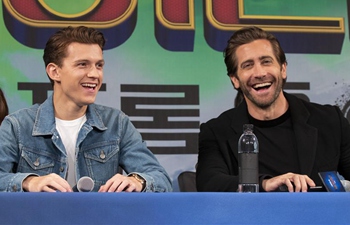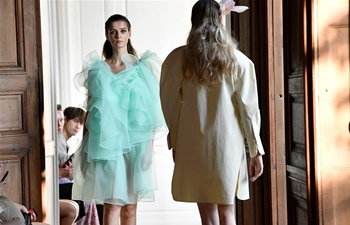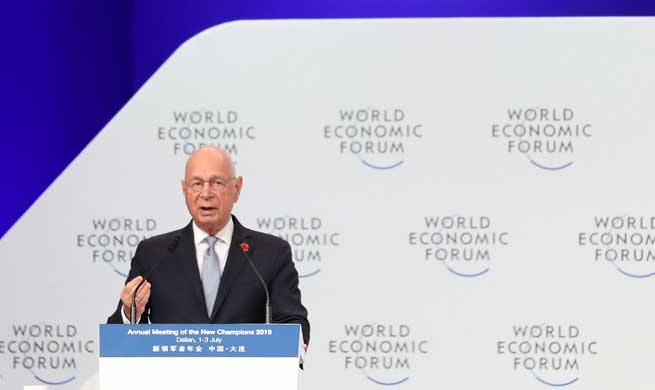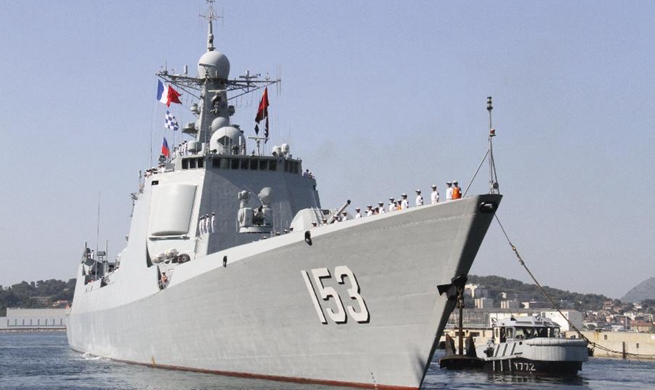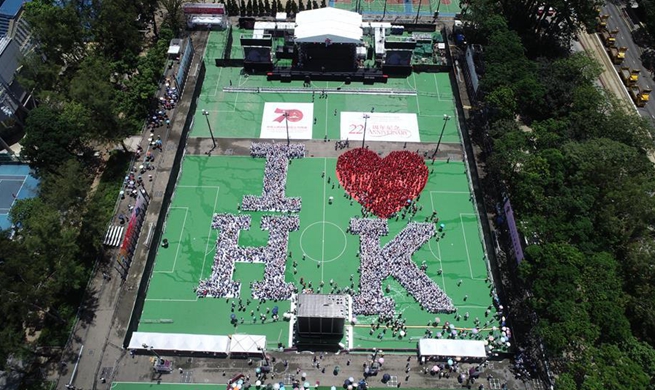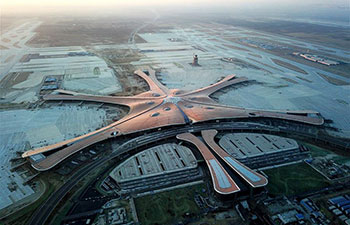By Oliver Trust
BERLIN, July 2 (Xinhua) -- Germany's disappointing quarterfinal exit at the 2019 Women's World Cup is causing a debate about the future of women's football in the country.
Former German internationals and leading Bundesliga coaches are concerned the two-time World Cup winners and eight-time European champions have lost contact with the world's leading teams.
A lack of interest from the German football association, declining numbers of spectators, growing financial difficulties and missing sponsors are mentioned as primary reasons.
While the United States, England, Sweden, and the Netherlands battle it out in the 2019 World Cup semifinals, and clubs from England, France and Spain dominate European club football, German women's football faces an uncertain future if no significant investments are made shortly, according to Ralf Kellermann, sporting director of the country's most successful women's club VfL Wolfsburg.
Wolfsburg won the Champions League in 2013 and 2014, and reached the final in 2016 and 2018.
But the glory years seem to be over, as the Bundesliga isn't addressing the highest international standards any more, according to Kellermann and former national team players. Only Wolfsburg and Bayern Munich reach the required standard but both still seem without a realistic chance to win the Champions League.
The national league's decline is also affecting the national team. Just as in France this year, Germany were also eliminated in the quarterfinals at the 2017 tournament, and the 2016 Olympic gold medal winners have also failed to qualify for the 2020 Games in Tokyo.
In contrast to Germany, clubs and national associations in England, France and Spain have upped their investment lately. Spain is said to be investing up to 20 million euros for the upcoming national league season.
"The significant investments made in other countries are paying off. We have to take care not to lose touch," 2016 Olympic gold medal winner Annike Krahn stressed. Increasingly, German internationals are turning their back on the German league and joining foreign clubs thanks to better salaries and infrastructure.
Former German international Inka Grings doubts that the Bundesliga is good enough to compete with global rivals. Grings demanded the installation of a professional league to promote women's football and provide opportunities for the players to develop.
German women's football needs instant support or will lose touch with the best nations, the 2005 and 2009 European champion said.
While UEFA has increased financial support from 100,000 to 150,000 euros per team, and FIFA has announced worldwide investments of up to 500 million euros, the German association is fighting against declining numbers of young female players.
"It is a shame. German women's football would have benefitted from the awareness brought about by the Olympic Games," Kellermann emphasized, demanding greater efforts to promote women's football.
But instead of enjoying a significant audience over the next months, the German national team most likely has to face two years without much attention until the 2021 European Championships - if they qualify.





